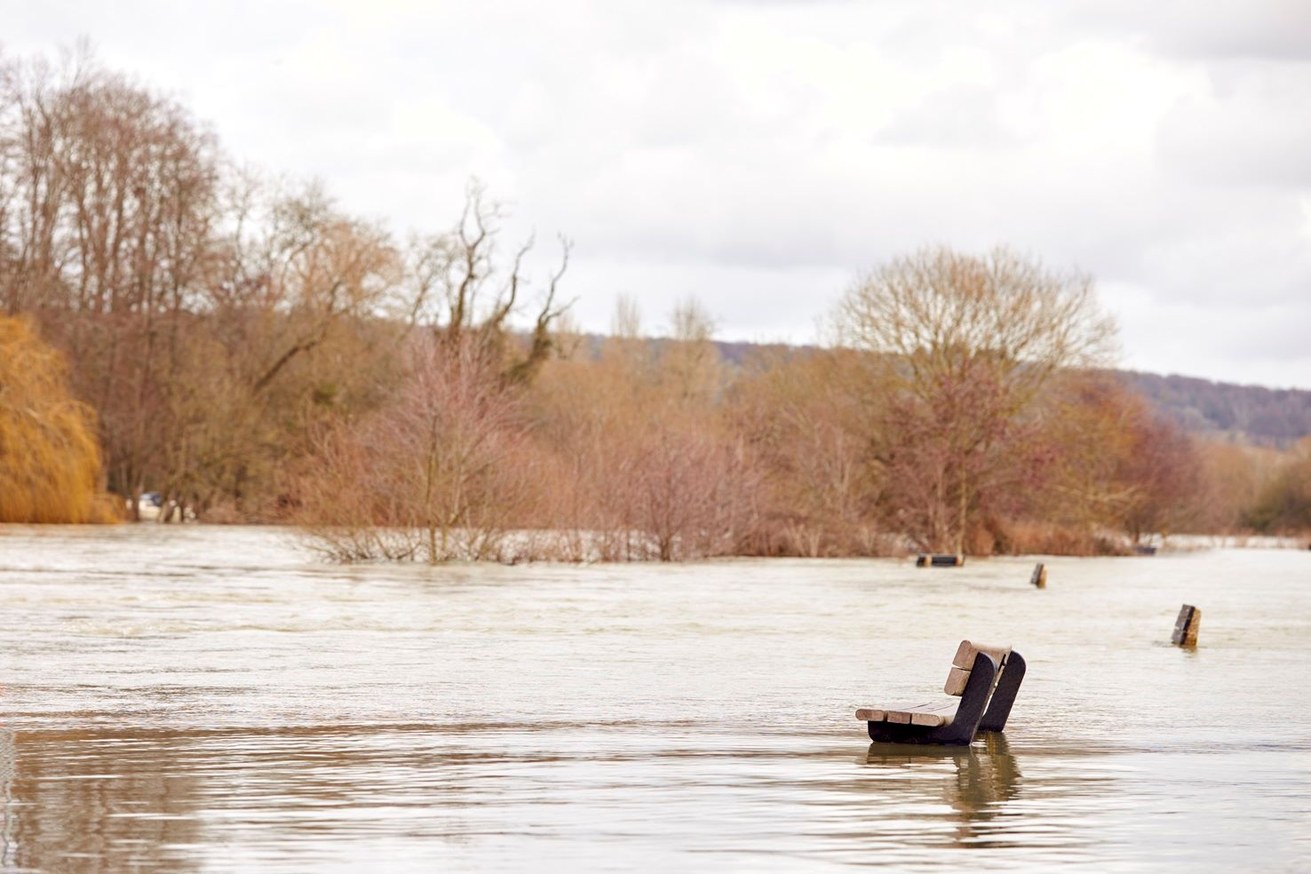UNIVERSITY OF KOBLENZ
Universitätsstraße 1
56070 Koblenz

The risk of extreme flooding is also increasing, emphasises Fischer. This is a consequence of climate change. This is because the variability of precipitation distribution is increasing, i.e. rainfall is becoming increasingly unevenly distributed throughout the year. Week-long dry spells will alternate with heavy rainfall events - each of which is difficult to predict. There are various reasons for this: on the one hand, global warming leads to greater evaporation of water. The warmer atmosphere can absorb more water vapour and is therefore charged with more energy. This makes rainfall more intense and heavy rainfall more frequent. Secondly, changes in sea and air temperatures and the melting of the ice caps at the poles lead to a change in ocean currents and the migration paths and position of high and low pressure areas.
"In recent years - with the exception of 2024 - we have repeatedly seen high-pressure areas settle over Germany for long periods in the summer months, which is actually typical for the Mediterranean region. The downside of this development is that these dry phases are always followed by heavy rainfall, which can fall in large amounts in a short space of time," explains Fischer.
These changes in the climate system will lead to an increase in extreme weather events. However, generalisations should not be made on the basis of singular events: "The flood disaster in the Ahr valley, for example, was an exceptional event and therefore cannot be directly linked to climate change. This is because you cannot conclude from a single event that it was caused by climate change. However, it is clear that such extreme events could occur more frequently in the future," explains Fischer.
This will also have considerable consequences for the economy and for individual households; the global damage caused by natural disasters has been estimated at 320 billion US dollars for the year 2024. However, more frequent flooding is unlikely to pose a particular risk to animal and plant species that occur along rivers and streams. These species are generally very well adapted to periodic flooding.
Much more problematic here is the long absence of rainfall. Many species, in water and on land, suffer particularly during periods of heat. This can pose a threat to aquatic organisms as a result of high temperatures and a lack of oxygen, and to terrestrial species in particular as a result of drought.